Umar Idris Shuaibu, Kano
The House of Representatives on Thursday approved for first reading a bill seeking an alteration to the 1999 Constitution to allow independent candidates to stand for elective offices in future elections.
The proposed law is titled, “A bill for an Act to alter the provisions of the Constitution of the Federal Republic of Nigeria, 1999 (As amended) to allow for the participation of candidates who are not sponsored by political parties in the presidential, governorship, National Assembly, State Houses of Assembly and local government council elections.”
Sponsored by the House spokesperson and member representing Ikole/Oye Federal Constituency, Ekiti State, Akin Rotimi, the bill seeks to amend Sections 7,65, 106,131,177, and 221 of the constitution.
Read Also:
Godfatherism: Now Kwankwaso’s third term agenda as Kano Governor becomes a reality
Section 7, sub-section 4A of the bill provides that “Notwithstanding any other law, any individual eligible to vote or contest an election into the State House of Assembly, shall have the right to be a candidate for election to any local government office notwithstanding that such individual does not belong to, or is not sponsored by any political party.”
Section 4B provides that “A candidate who does not belong to or is not sponsored by any political party shall only contest an election if (i) In the case of a chairmanship election, such a candidate has obtained the verified signatures of at least ten per cent of registered voters from at least two-thirds majority of all the electoral wards in the respective local government area;
(ii) “In the case of a councillorship election, such a candidate obtains the signatures of at least ten per cent of registered voters from at least two-thirds majority of all the polling units in the respective electoral wards, provided always that the signatures shall be verified by the Independent National Electoral Commission or the State Electoral Commission; and that a registered voter shall not sign for more than one independent candidate in respect of the same office.”
Recall that a similar bill introduced during the 9th Assembly did not receive the requisite approval from State Houses of Assembly as mandated by law.
Addressing reporters at the National Assembly Complex, Rotimi said the time had come for qualified individuals without sponsorship from political parties to run for any office of their choice without hindrance.
“This bill will broaden the democratic process, thereby allowing citizens who are not affiliated with any political party the opportunity to run for public offices,” Rotimi said.
While noting that he was sponsored by the All Progressives Congress, Rotim stressed that in advanced democracies, people vie for various positions as independent candidates.
He said to qualify to contest the main election, independent candidates will be required to meet certain requirements such as getting the endorsement of a certain number of registered voters in the area he wants to represent.
A copy of the bill obtained by ‘Good Evening Nigeria’ revealed that an independent candidate is expected to get the endorsement of at least 10 per cent of registered voters spread across at least two-thirds of the constituency.
Section 221 of the Constitution was amended to provide for the Independent National Electoral Commission to “Develop and publish guidelines and procedures for the nomination, verification, and participation of independent candidates in all elections.
The electoral umpire is also required in the alteration to “Prescribe a security deposit to be paid by an independent candidate seeking election into any elective office created by the constitution or any other Act of the National Assembly.”
Speaking at the briefing, the Executive Director of a non-governmental organisation, ElectHer, Ibijoke Faborode, said the bill was targeted at expanding the democratic political space.
“It is democratising the space, you know, for people like you and I to also have access to the electoral process as well and to ensure that every Nigerian is also part of the process.
“It will also ensure that most vulnerable populations such as women, youths, and persons with disability are given a level playing field, to explore opportunities within the political and electoral system,” she said.

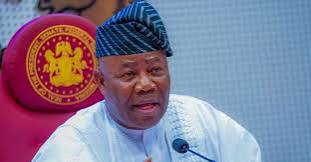
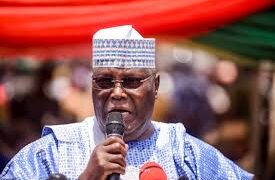

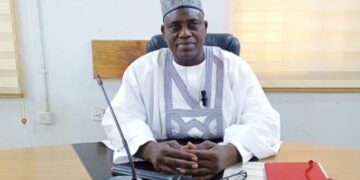
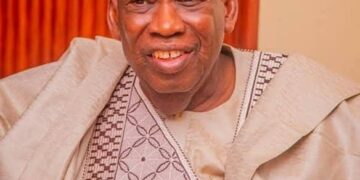

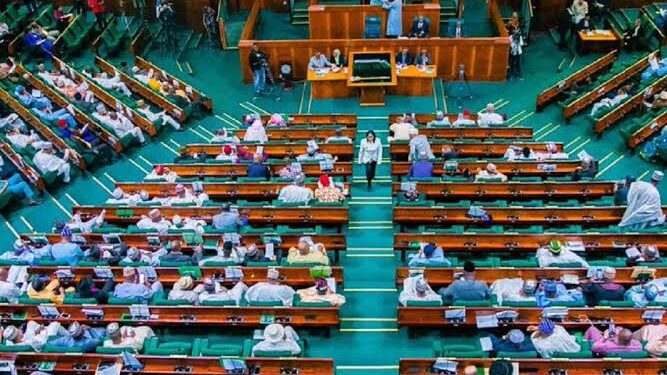





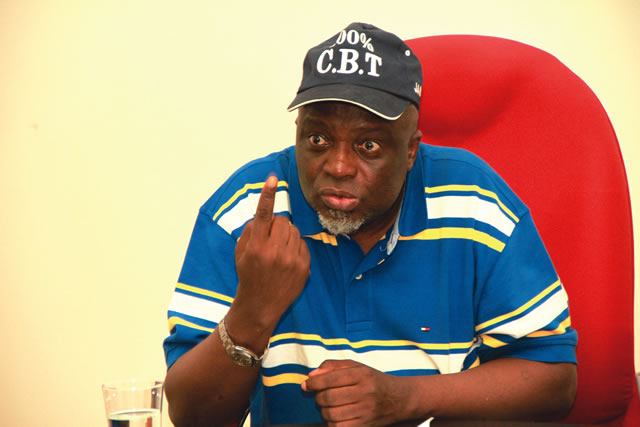
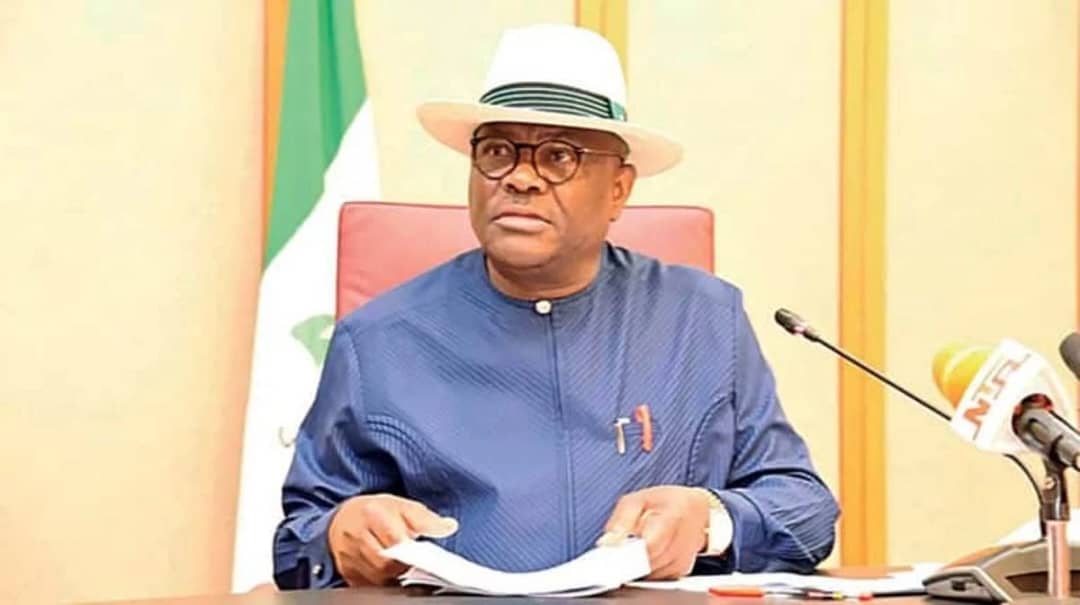
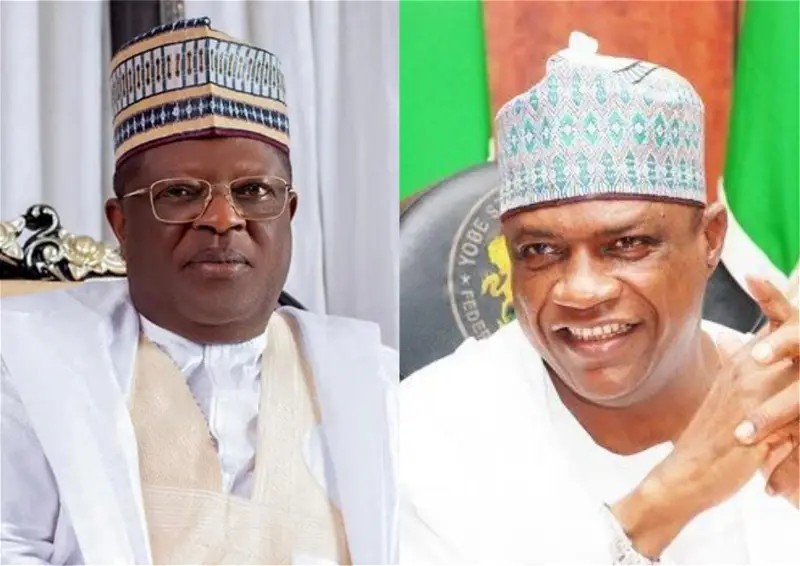






 You can install this WP plugin on your website from the WordPress official website:
You can install this WP plugin on your website from the WordPress official website: 